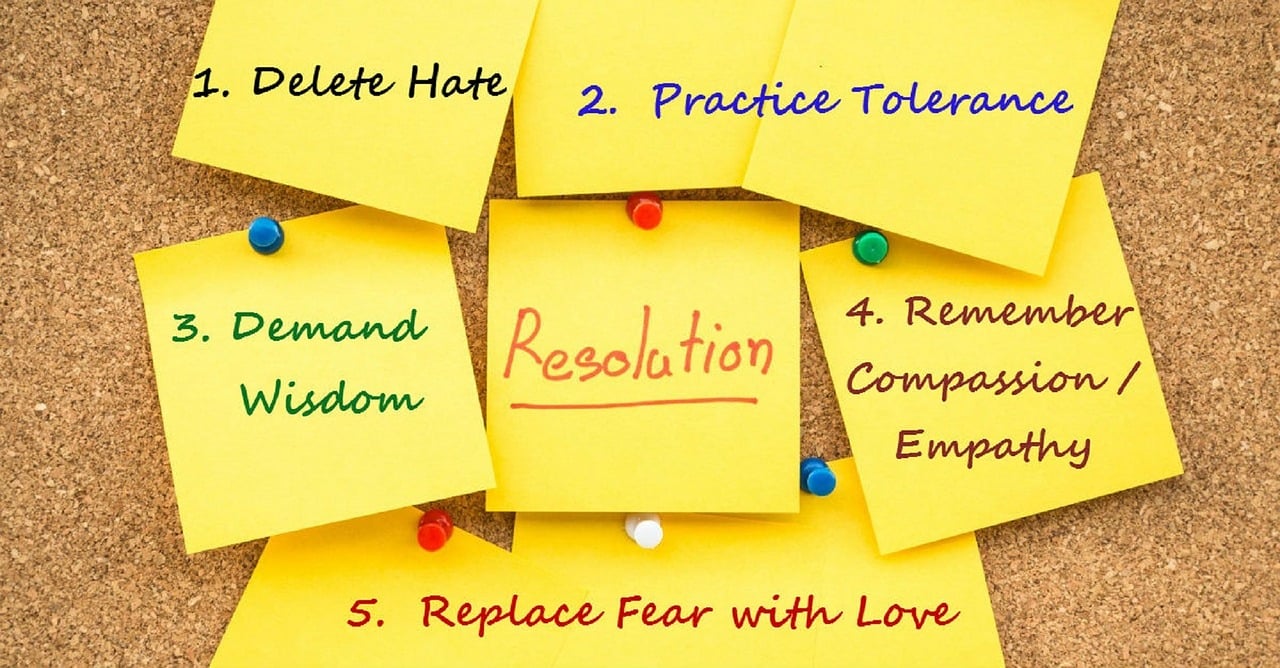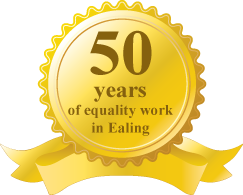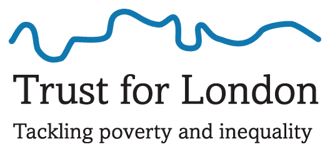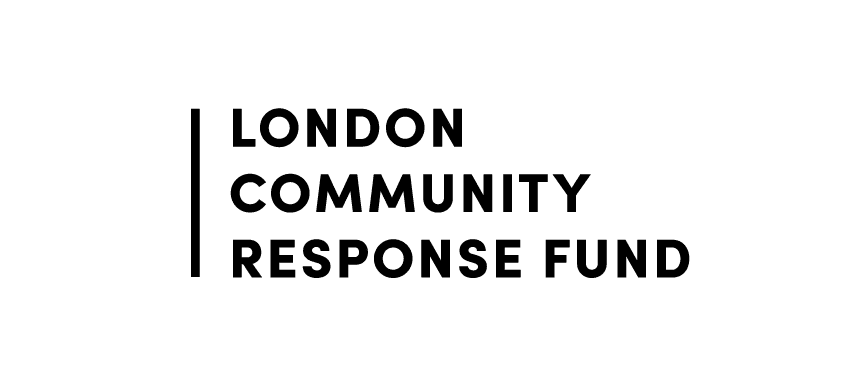The Catalyst
In July 2024, three young girls were killed in a knife attack at a Taylor Swift-themed event in the town of Southport in northern England. Eight other children suffered stab wounds and two adults were left in critical condition.
The incident sparked unrest such as riots and protests across the UK through July and August 2024 which were fuelled by the far-right. The perpetrator of the attack in Southport was a 17-year-old British citizen born in Cardiff to parents from Rwanda. He was subsequently charged with three counts of murder, ten counts of attempted murder and possession of a bladed article.
The Spreading of Misinformation
Following the attack, misinformation regarding the name and identity of the perpetrator was circulated on social media, suggesting that he was a Muslim immigrant. False information was also published in online article on a website called Channel3 Now.
The spreading of false information on online platforms played a crucial role in inciting the riots. The first riot took place in Southport when crowds gathered to protest outside Southport Mosque, after false claims had been circulated that the perpetrator was a Muslim. Further unrest then ensued as more riots and protests took place in cities and towns across the UK.
According to social media data analysed by the social media performance engine Hootsuite, false information regarding the perpetrator’s identity was shared in at least 4,776 posts across X (Twitter), Facebook, YouTube, Quora and Reddit. Posts mentioning the false name were engaged with at least 91,150 times (likes, shares, quotes) and videos with the false name were watched over 330,000 times.
The Independent newspaper also reported that according to Hootsuite, the terms “immigrant,” “migration,” “migrant” and “asylum seeker” have been mentioned in over 154,000 posts since the stabbings and subsequent riots.
Anti-Immigration Rhetoric
The spread of misinformation regarding the identity of the perpetrator and the increasing anti-immigration sentiment shaped by media and political narratives has sparked general hostility towards migrants as well as fuelled the recent riots.
Research conducted by charitable trust, Hope Not Hate confirms that hostile government and media rhetoric on migration is escalating far-right anti-migrant activity. The findings of the research are set out in a 2023 report by Hope Not Hate entitled, “Stoking the Flames: The Influence of Tabloid Press and Government Rhetoric on Far-Right Anti-Migrant Engagement.”
Hope Not Hate analysed 3,500 articles between 2021 and 2023 and found that “press coverage by The Daily Mail, The Daily Express and The Sun on the issue of migration correlates with far-right engagement around the issue of migration on Telegram to a statistically significant degree.” Far-right users on Telegram were highly responsive to statements made by the previous Conservative government regarding the Rwanda plan in April 2022 and the 2023 Illegal Migration Bill. The number of messages by Telegram far-right groups regarding migration also increased from an average of 761 messages per day in 2021 to 1,136 messages per day during the first few months of 2023.
Over the past few years, there has been a rise in activity by the organised far-right in the UK. Focus points of the movement are the rising numbers of small boat crossings of people over the Channel alongside a backlog of asylum claims processing and the increased use of hotel and bed and breakfast (B&B) accommodations to house asylum seekers. The hostile language used by the government regarding migration which is pushed through the media also fuels anti-migrant hate, words such as “invasion” and “illegal migrants” are often referenced.
Notably, certain political figures have spoken out about addressing the tensions surrounding migration, such asLabour MP Michael Shanks who stated, “we need a reset in some of that language we use as a Government, we need to stop […] dehumanising people that come into this country and contribute to the economy.” Former Prime Minister Boris Johnson has also accused Keir Starmer, the current Prime Minister, of being “deaf to public concerns” over illegal immigration.
The Increase in Islamophobia
As made evident by the misinformation that spread regarding the identity of the perpetrator of the Southport incident, anti-Muslim rhetoric is a particular issue which relates to the general anti-immigration sentiment. According to British police, hate crimes against Muslims and those perceived to be Muslim in the UK were up by 140% in December 2023 compared with December 2022.
Tell MAMA, a charity which records anti-Muslim incidents in the UK, has also reported that as of 2 August 2024, there has been a 300% increase in verbal abuse and anti-Muslim prejudice against British Muslims since 7 October 2023, which is when the Israel-Gaza conflict began.
Furthermore, many of the riots in July and August 2024 which took place after the Southport incident clearly targeted Muslims as crowds attacked mosques and accommodation housing asylum seekers. Cars and buildings were also set on fire and shops were looted. This demonstrates the intersectionality of anti-Muslims and anti-migrant attacks as a result of inflammatory rhetoric.
How can I report a hate crime or incident?
Hate crimes or incidents can be reported to the police by visiting a police station or by calling 999 if the crime is in progress or if someone is in immediate danger. If the crime is not an emergency, it can be reported to the police by calling 101.
True Vision, a police-funded website developed to allow individuals to report hate crimes online is another platform which can be used to report hate crimes or incidents. Please note that although not all hate incidents will amount to criminal offences, they should still be reported to the police.
Additionally, hate crimes or incidents can be reported to victim support organisations such as the West London Equality Centre by calling our designated hate crime helpline at 0800 2943 479. We can offer free legal advice regarding the next steps to be taken and preserving evidence, contact the police on behalf of victims and or witnesses and consider practical solutions to help deal with incidents or the aftermath of incidents.
How we can help you
Our team comprises of qualified legal professionals, legal advisors, caseworkers and volunteers who can help to provide concise and accurate legal advice and carry out casework on hate crime matters.








